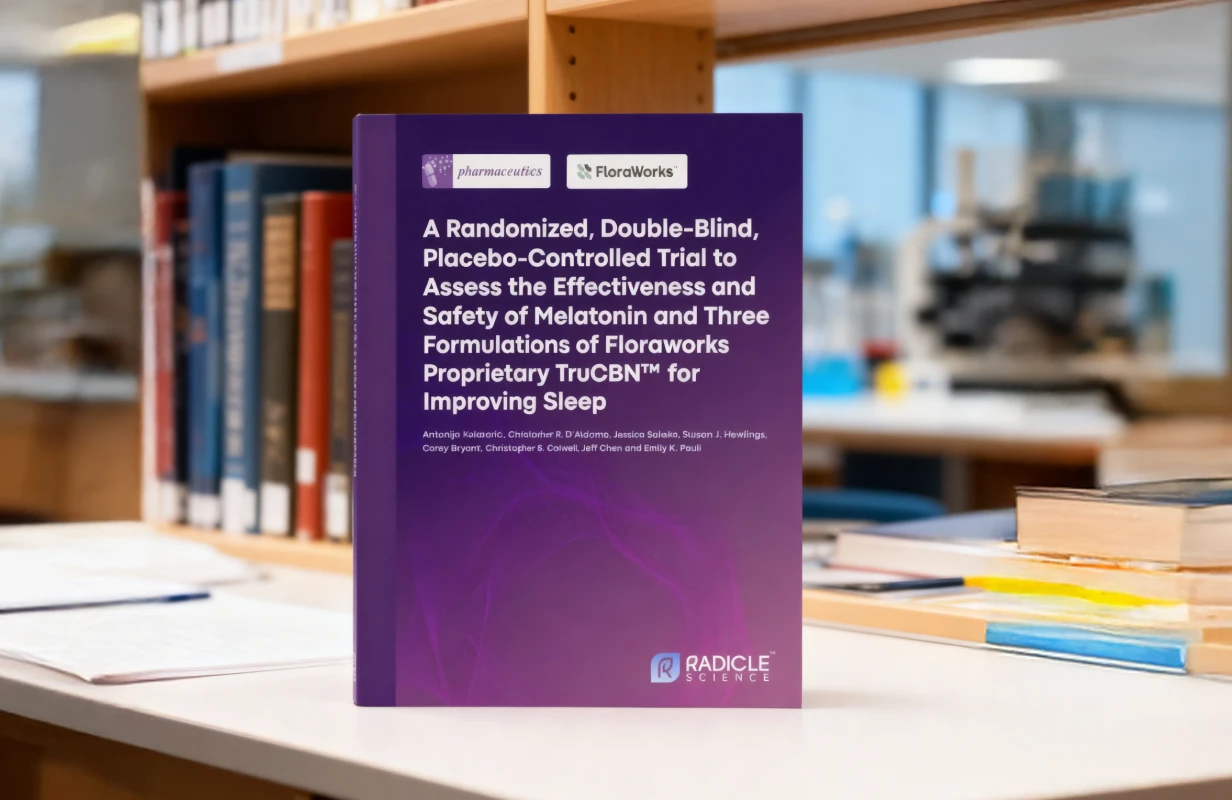Introduction
In an unprecedented collaborative effort, FloraWorks and The Salk Institute have unveiled groundbreaking research elucidating the neuroprotective effects of cannabinoids on aging neuronal cells. This study, emblematic of the synergy between cannabinoid pharmacology and neuroscientific inquiry, underscores the potential therapeutic applications of cannabis-derived compounds in mitigating neurodegenerative processes associated with aging.
A significant leap forward
Delving into the cellular mechanisms underpinning cognitive decline, the FloraWorks and The Salk Institute collaboration has identified specific cannabinoids capable of safeguarding neuronal integrity by inhibiting oxidative stress-induced cellular damage. These findings not only highlight the therapeutic promise of cannabinoids in preserving cognitive function but also pave the way for novel interventions targeting age-related neurodegeneration.
Central to this research is the elucidation of cannabinoids' interaction with neuronal pathways, a focus that aligns with cutting-edge scientific inquiries into neuroprotection. The collaborative effort has leveraged advanced analytical techniques to map the complex biochemical landscape influencing neuronal survival, offering insights into the modulation of endocannabinoid system dynamics in aging brain tissue.
For an in-depth exploration of the scientific principles behind these findings, the podcast "CBN May Protect Cognitive Functioning" with Dr. Pamela Maher, a leading researcher in this study, provides a comprehensive overview of the implications of cannabinoid-mediated neuroprotection. Dr. Maher's discussion encapsulates the translational potential of these discoveries, shedding light on the mechanisms by which CBN and other cannabinoids might confer resilience against cognitive decline.

This collaboration between FloraWorks and The Salk Institute represents a significant leap forward in our understanding of cannabinoids' neuroprotective properties. By harnessing the interplay between cannabis-derived compounds and neuronal health, this partnership underscores the viability of cannabinoid-based therapeutics in addressing the complexities of aging-related cognitive impairments.
By harnessing the interplay between cannabis-derived compounds and neuronal health, this partnership underscores the viability of cannabinoid-based therapeutics in addressing the complexities of aging-related cognitive impairments.
The ongoing research initiatives fostered by this collaboration continue to break new ground in the field of neuropharmacology, driving forward the development of evidence-based approaches for the maintenance of cognitive function in the aging population. As this body of work progresses, it holds the promise of revolutionizing our approach to neurodegenerative disease prevention and management, heralding a new era of cannabinoid science in the service of human health and wellness.




